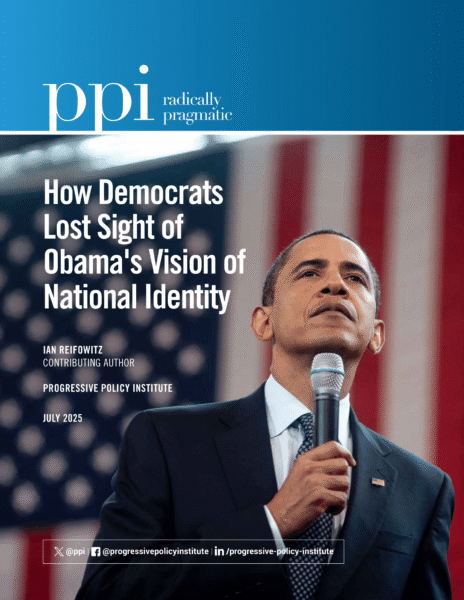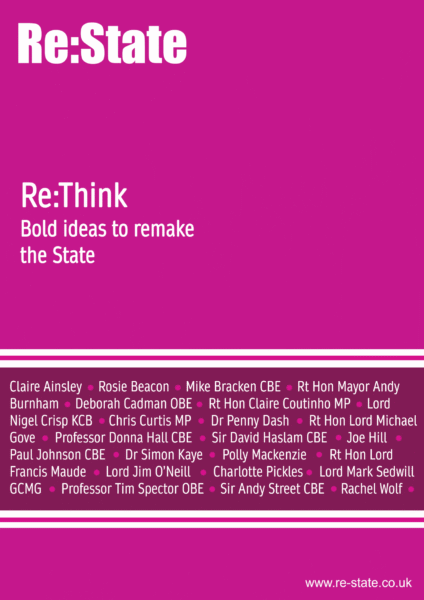Senate Republicans on Monday took the dangerous step of “going nuclear” to pass their One Big Beautiful Bill in violation of the rules governing the filibuster-proof reconciliation process — and the fallout will add trillions of dollars to the national debt.
The reconciliation process, which was designed to fast-track policies needed to help Congress hit its budget targets, does not allow lawmakers to increase deficits outside the 10-year scoring window. These rules have always been enforced by measuring how enacting provisions in the legislation would affect the federal budget relative to a “current law baseline,” which is a scenario defined in statute and generally assumes laws are left unchanged. Senate rules require 60 votes to waive this restriction.
Republicans couldn’t find a politically palatable way to pay for the trillions of dollars in tax cuts they wanted to make permanent, so they instead decided to make those tax cuts appear free by scoring against a “current policy” baseline, which assumes every policy in effect today is extended in perpetuity — even if the law as written would have them expire. But it gets worse: to enact new tax cuts without paying for them, Senate Republicans scheduled those provisions to expire within the 10-year window and scored them as temporary. The result is a Frankenstein scorekeeping system in which no consistent accounting is used, and legislation is assumed to cost whatever the majority wishes it did.
While the Senate GOP’s “official” score of the bill using this Frankenstein accounting shows they would reduce deficits, traditional scoring against the current law baseline would show it adding more than $4 trillion to the deficit over 10 years (including higher interest payments) — and the cost would swell to $5.5 trillion if all the “temporary” provisions were made permanent. Notably, if the bill were measured in a way that treated the scheduled expirations of both new and existing policies consistently, it would violate the rules of reconciliation by permanently increasing deficits relative to either a current policy or a current law baseline.
The Senate’s parliamentarian, who is responsible for interpreting the chamber’s rules, almost certainly would rule against the GOP’s attempt to use their Frankenstein score for enforcement purposes. Any effort to circumvent the parliamentarian’s official interpretation of the rules – whether by firing her, overruling her, or formally changing the 60-vote supermajority requirement with just 51 votes — would be invoking a “nuclear option” that fundamentally changes the character of the Senate.
Senate Republicans insist they found an alternative to going nuclear by asserting the Senate Budget Committee chairman has unilateral authority to determine scores — something they argue Senate Democrats did in their 2022 budget resolution. But the two situations are not remotely the same: Senate Democrats used their authority to consistently assume discretionary spending for both the IRS and Head Start continued at baseline levels, when the original CBO score was inconsistent. Moreover, Democrats made sure the move was blessed by the parliamentarian ahead of time, whereas Republicans actively prevented the parliamentarian from making any ruling.
The fact that Republicans prevented the parliamentarian from weighing in before voting to break their own rules with a simple majority vote, rather than overruling her directly, is a distinction without a difference. Republicans have gone nuclear with their chicanery and destroyed the Senate’s budget enforcement mechanisms.
The fallout will radiate throughout fiscal policy for years to come. Not only will the national debt be up to $5.5 trillion larger 10 years from now than it would be without the “One Big Beautiful Bill,” but there will be little to stop future Congresses from doing the same thing that Republicans did this week: adding trillions more to the debt while claiming they are doing the opposite.




